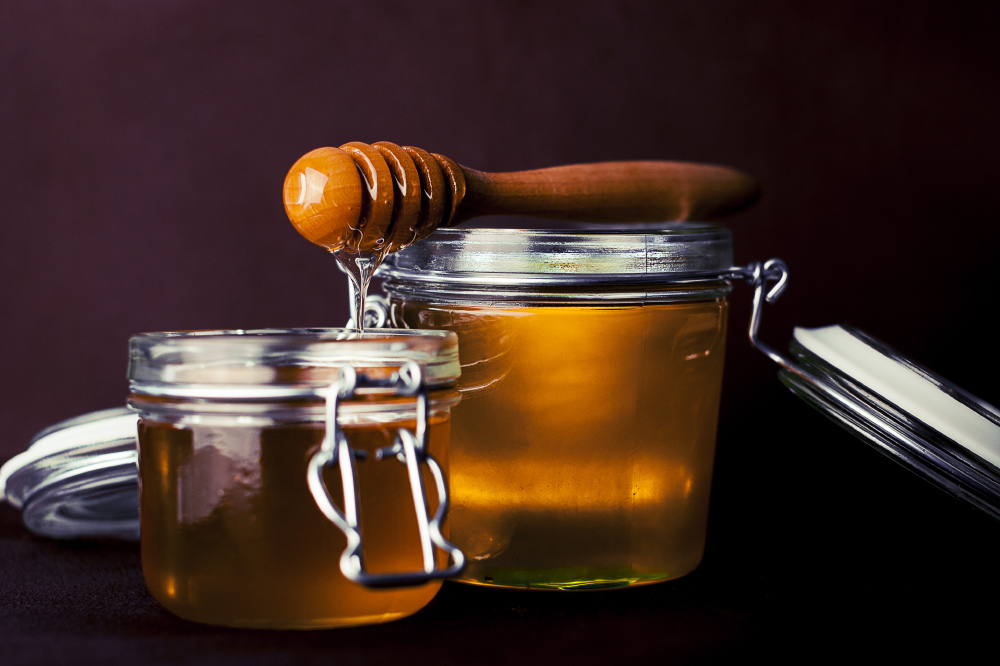Ever wondered what sets manuka honey apart from other honey? Well we're about to tell you...

Manuka honey
- Manuka honey is well known for being natures richest nutrient source, with its unique range of benefits not found in other honeys. Manuka honey comes from the Manuka bush (Leptospermum scoparium) which is native to New Zealand.
- Manuka Honey can provide soothing relief of cold symptoms at every stage. Its antibacterial properties protect against the development of symptoms, as well as calming the inflammation during illness1. For example, Manuka can prevent the growth of bacteria such as the Strep bacteria that causes a sore throat2.
- Manuka honey can also provide further relief of symptoms such as a cough3. Coupled with mullein and marshmallow to relieve dry and chesty coughs, the honey is particularly powerful in alleviating symptoms.
- A better sleep is essential in recovery. Manuka honey that contains magnesium citrate, is the most absorbable form of magnesium and aids a restful sleep. Combined with Vitamin C and D, it can support deep sleep too.
- Our skin can draw many benefits from Manuka Honey. It is a natural humectant, meaning that it seals in the skin’s own moisture5. It’s a perfect ingredient to use in facemasks for peeling or cracked skin as it increases cell regeneration and repairs damaged skin cells5. Acne prone areas could be cured by Manuka Honey’s antibacterial and anti-inflammatory properties; the amino acids draw out bacteria and impurities, polishing dead skin skills away4.
- Manuka honey is often branded a superfood and is easy to incorporate into meals and snacks. Whether you add a spoonful to breakfast smoothies, drizzle over muesli, porridge or salads or use in cooking foods such as gammon.
Comvita has released a new range of Manuka Honey Elixirs aimed to help fight coughs and colds at every stage of the suffering cycle, from the very first sign of a cold to treatment and recovery.

[1] Watanabe K., Rahmasari R., Matsunaga A., Haruyama T., Kobayashi N. (2014). Anti-influenza viral effects of honey in vitro: potent high activity of manuka honey. Arch. Med. Res. 45 359–365. 10.1016/j.arcmed.2014.05.006
2Maddocks S, Lopez M, Rowlands R, Cooper R. (2012) Manuka honey inhibits the development of Streptococcus pyogenes biofilms and causes reduced expression of two fibronectin binding proteins. Microbiology 158(3):781-790 doi:10.1099/mic.0.053959-0
3Shadkam M. N., Mozaffari-Khosravi H., Mozayan M. R. A comparison of the effect of honey, dextromethorphan, and diphenhydramine on nightly cough and sleep quality in children and their parents. The Journal of Alternative and Complementary Medicine. 2010;16(7):787–793. doi: 10.1089/acm.2009.0311
4Burlando, B., & Cornara, L. (2013). Honey in dermatology and skin care: a review. Journal of cosmetic dermatology, 12(4), 306-313.

